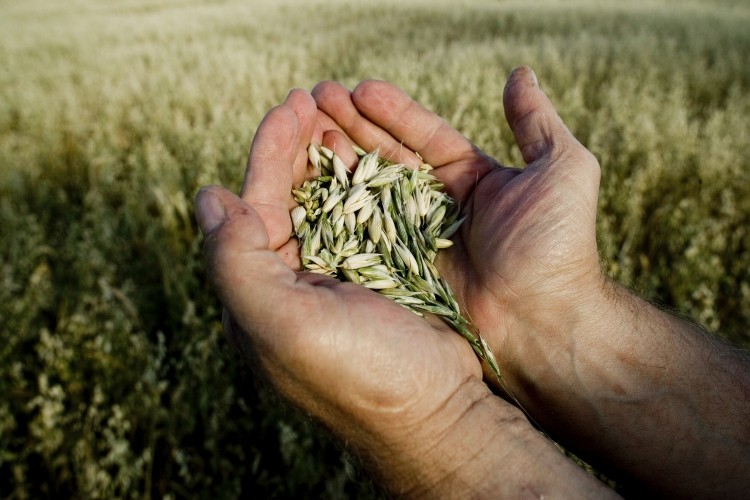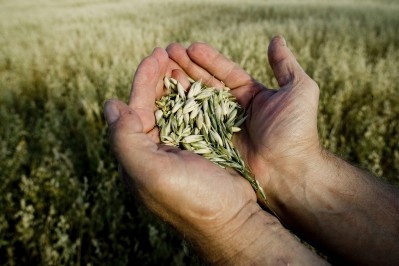Extreme weather making crops more ‘toxic’

Drought and high temperatures are triggering the accumulation in crops of chemical compounds in a similar way to how humans react under stress, according to the United Nations Environment Programme (UNEP) Frontiers report.
The report found that wheat, barley, maize and millet are the crops most susceptible to nitrate accumulation, which is caused by prolonged drought.
Acute nitrate poisoning in animals can lead to miscarriage, asphyxiation and death, ruining the lives of smallholder farmers and herders.
Hydrogen cyanide
Heavy rains that break prolonged drought can also result in the dangerous accumulation of another toxic compound called hydrogen cyanide, or prussic acid, in crops like flax, maize, sorghum, arrow grass, cherries and apples.
Aflatoxins, which are fungal toxins that can cause cancer and stunt foetal growth, are another emerging problem in crops, according to the report.
The risk of aflatoxin contamination, especially in maize, is expected to increase in higher latitudes due to rising temperatures. A recent study published in Nature predicted that this toxin would become a food safety issue for Europe, especially in the most likely scenario of a 2°C rise in global temperatures.
The report said: “We are just beginning to recognise the magnitude of toxin-related issues confronting farmers in developing countries of the tropics and sub-tropics. As warmer climate zones expand towards the poles, countries in more temperate regions are facing new threats.
“Deteriorating climatic conditions combine with enhanced capacities of diagnostic surveys for toxin detection to reveal that more and more global food stocks appear to be at risk of contamination.
Other environmental effects
While the report acknowledged that other environmental effects “on plant-pathogen interactions or on a plant’s own biochemical responses” had yet to be resolved, it was clear that more extreme environmental conditions could trigger toxin accumulation in crops.
More positively, the report found that the ability to detect these toxins was becoming less expensive and more mobile, which would help ensure that the food being produced and consumed is safe.
It recommended that an “aggressive strategy” to safeguard agricultural yields in drought-prone areas was an essential part of efforts to safely feed the world’s growing population.
Mitigation strategies recommended included building the evidence base for the prevalence and human health implication of various toxins, particularly for long-term exposure to sub-acute levels of toxins in the diet.
The report also suggested the use of risk assessments and mapping to predict contamination hotspots, advancing and deploying mobile testing, and incentivising farmers by providing an alternative-use market for contaminated products where possible.















